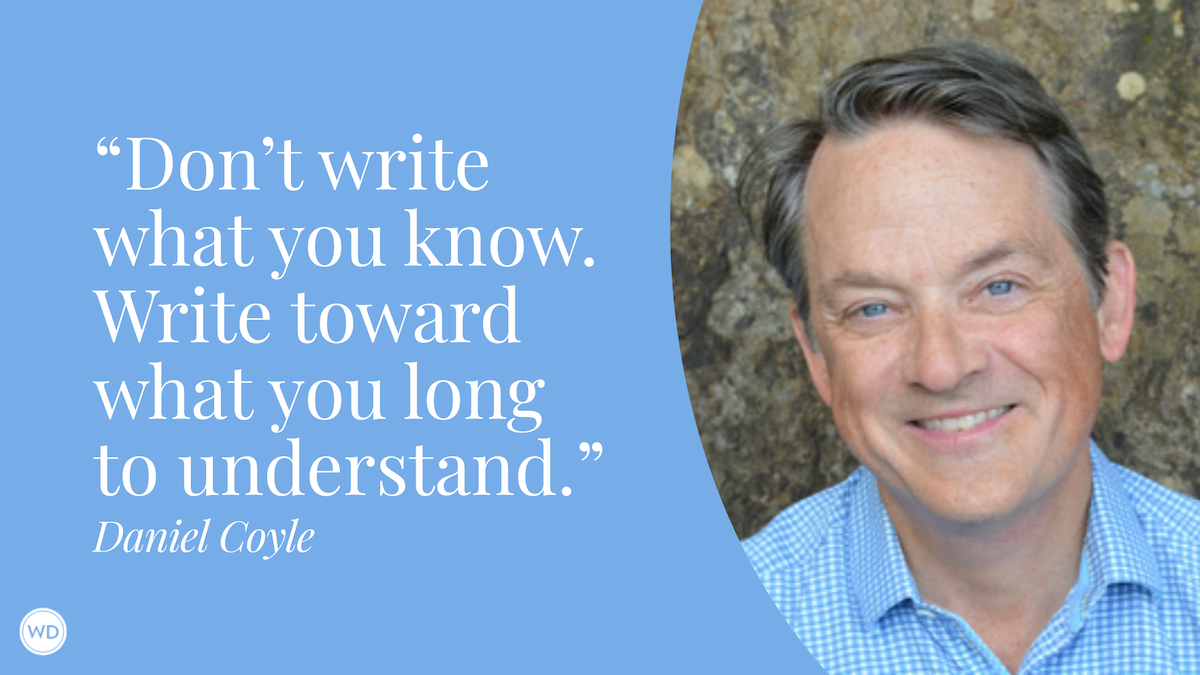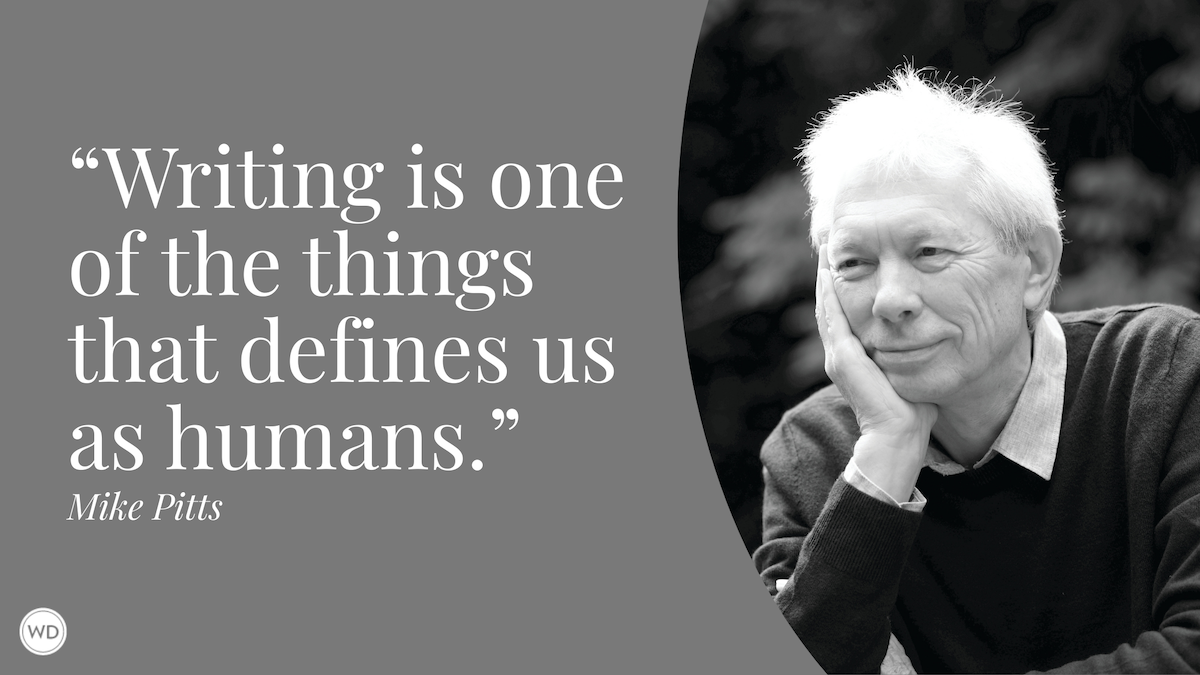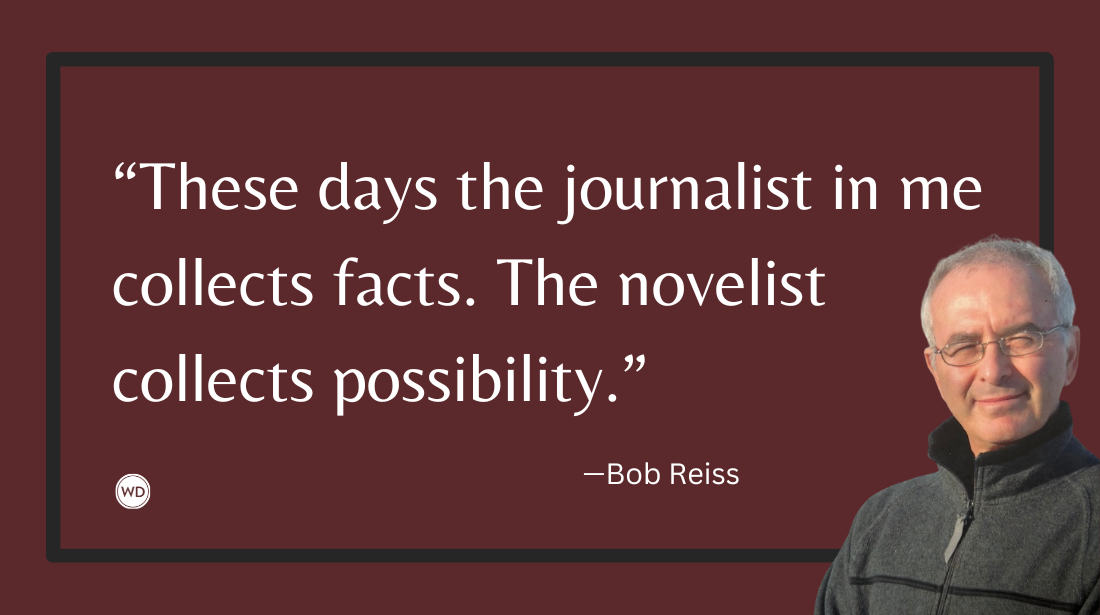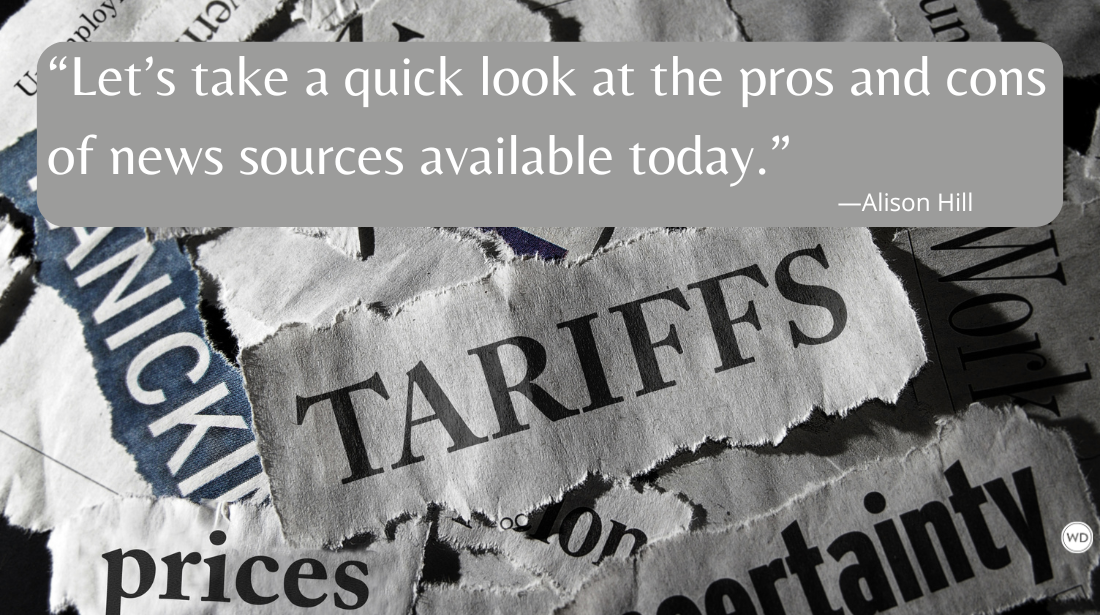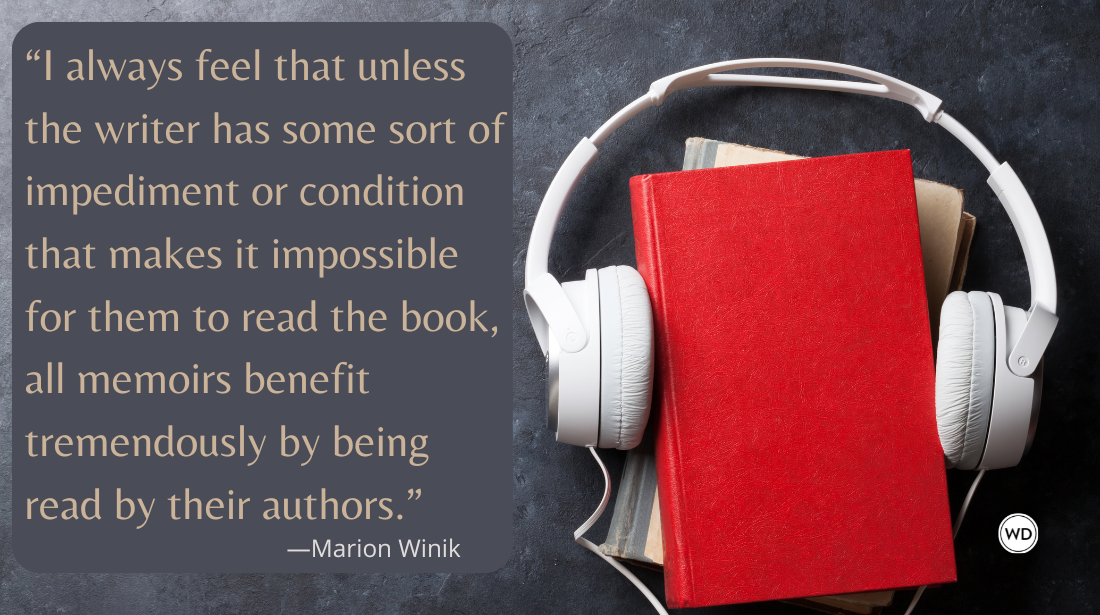5 Lessons I Learned From Writing A Memoir
So how does one approach the monster once you’ve decided to write a memoir? Following are some lessons memoirist Nancy Spiller learned from writing her own.
Critics can gripe all they want, but memoir has become one of the most popular literary forms of our day. What some claim to be a slide into self-searching mediocrity, I, for one, see as serving a vital cultural need. In this Grand Age of Disconnect, memoir is one of the few, best ways left to connect intimately with interesting others. Novels do that, but in a triangular, distancing way. The fact that it’s fiction stands between the writer and reader. The fact that it’s fact, as in a memoir, places the reader and writer together on the page, as the author attempts to make sense of a life that happens to be their own. Novels can transport us to fascinating worlds, but when I’m exhausted by our world’s constant barrage of make believe, I want to curl up with a good memoir to feel less alone.
So how does one approach the monster once you’ve decided to write a memoir? Following are some lessons I learned from writing my own.
*********************************************************************************************************************************
This guest post is by Nancy Spiller, a writer and artist living in Los Angeles. She was a staff writer at the San Jose Mercury News and Los Angeles Herald Examiner and editor at the Los Angeles Times Syndicate. Her articles and essays have appeared in numerous publications, including the Los Angeles Times, Salon.com, Cooking Light, and Town & Country. She is the author of the memoir, Compromise Cake, and the novel, Entertaining Disasters: A Novel (With Recipes), and teaches in the UCLA Extension Writers' Program. For more information, visit: nancyspiller.org
*********************************************************************************************************************************
1) It’s Not a Competition: Mention you’re writing a memoir and people might ask such helpful questions as “Really--what’s so special about you?” Or you’ll be in the midst of chapter 22 when a voice inside (possibly sounding like one of your siblings) shouts “no one cares!” Just because you haven’t climbed Mt. Everest with your hair on fire or recovered from a zillion dollar a day drug habit (or both), doesn’t mean you don’t have a memoir to write. After the personally transformative runaway success of Angela’s Ashes, detailing an abject childhood in Limerick, Ireland, Frank McCourt said “I learned the significance of my own insignificant life.” The driving force of a successful memoir can be as simple as “what might have been,” according to author and educator William Zinsser.
Vladimir Nabokov’s Speak, Memory, one of the finest books of the 20th Century, is comprised mostly of his remembrances of a magical childhood growing up in the privileged circles of Tsarist Russia. Readers feel the joy of the child’s awakening consciousness and mourn that world’s loss. Some might think the real drama to be Nabokov’s father’s politically motivated assassination and the hardships suffered by his exiled family, but that part of his history is kept mostly in the wings, and is all the more heartbreaking for it. We care so much for Nabokov’s Russia that we not only mourn its loss, but conjure visions of our own beloved vanished worlds. I realized when I first investigated my mother’s recipe box that the good of my challenging childhood, as well as her sweet, ecstatic youth, was still to be found there. As Cheryl Strayed, author of the bestselling memoir Wild, has said: “Art isn’t anecdote. It’s the consciousness we bring to bear on our lives.”
2) Keep a Journal: Write in it daily. This is the place to practice telling your stories, what Phillip Lopate likens to a pianist’s “finger exercises.” A journal is also the place for gathering and organizing your thoughts regarding your project, recurring memories of the time period you’re writing about and contemporary experiences that connect to it. Write down dreams, as well, to probe for clues to your unconscious feelings about the story. Include notes on related reading. In short, a journal can be anything and everything, becoming the writer’s Stone Soup, feeding the hungry memoir beast with a simmering potage built from a healthy stream of disparate contributions. For my memoir I had not only my own childhood diary and the journals I’ve kept habitually as an adult, but my mother’s enlightening and invaluable teenage diary.
3) Read, Read, Read: You can’t write without reading. This comes, sadly, as a surprise to some of my writing students, who insist they have no time to read, yet want to write--as soon as they find the time. You have to find the time to do both if you’re going to write anything worth reading. Read great memoirs, or listen to audio versions, beginning with Speak, Memory, poet Mary Karr’s classic Liar’s Club, Russell Baker’s heartfelt coming of age story Growing Up, MacArthur Genius Aleksander Hemon’s understated, yet devastating 2013 Book of My Lives. Read books about writing memoirs, starting with William Zinsser’s Writing About Your Life: A Journey Into the Past and Inventing the Truth, and The Art and Craft of Memoir, and Vivian Gornick’s The Situation and the Story. Phillip Lopate’s introduction to his collection The Art of the Personal Essay is a master class on the topic and can point writers in the direction of their voice as well as their story. You need the voices of other writers in your head to develop your own. Take notes on your reading and talk back to the text—in writing!
4) Get Distance On Your Story: Whether it’s temporal or physical, maybe you are middle-aged and reflecting on your childhood, or you’re retired and looking back on the challenging beginnings of a career, distance aids perspective. Maybe you’ve just lost a loved one and want to write about your life together, but the loss is still fresh and you need to give it more time. Or maybe you’re compelled to write about a place you no longer physically live, like a childhood home, or region. Writing about it can bring it back to life, as you discover the specificity of your longing. I wrote about my childhood in the San Francisco Bay Area from the distance of decades living in Southern California. Or remove yourself from the familiar and find a writing retreat to aid your memory, as essayist John Daniel did. In 2000, he stayed the winter in an isolated cabin in Oregon to write about his late father and their relationship in what became The Rogue River Journal. Time and distance helps jog the memory, shift the view and shape the voice. Frank McCourt worked on Angela’s Ashes for decades as a teacher in New York before he found the right narrative voice.
5) Find Your Framework: Limit the scope of the story. Decide what it is and what it’s not. It’s about your relationship with a parent or sibling (the one who assured you “nobody cares!”) during a specific time period, or it’s about a pivotal year in your life, or it’s shaped around a running thread and the people and places attached to that. My mother’s recipe box provided the frame for Compromise Cake. In Family, author Ian Frazier examined his late parents’ lives based on the artifacts they left behind. It’s not everything that ever happened, it’s a pivotal moment and what led up to it and what followed. You can expand from there, bringing in research about an era or phenomenon or the history of a people or place, but you don’t want to wander far from the frame.
A final thought: don’t burden yourself by writing only with publication in mind. Write the memoir you want to read, or write for the next generation. What do you want them to understand about you, specifically, and about life in general? Succeed at that and publication may well follow. Remember, as well, there are no rules, only guidelines. The most important thing is that you start writing, keep an open mind and heart, and know that there will be plenty of surprises along the way—even after you thought you were done.
Thanks for visiting The Writer's Dig blog. For more great writing advice, click here.
*********************************************************************************************************************************
Brian A. Klems is the online editor of Writer's Digest and author of the popular gift bookOh Boy, You're Having a Girl: A Dad's Survival Guide to Raising Daughters.
Follow Brian on Twitter: @BrianKlems
Sign up for Brian's free Writer's Digest eNewsletter: WD Newsletter




